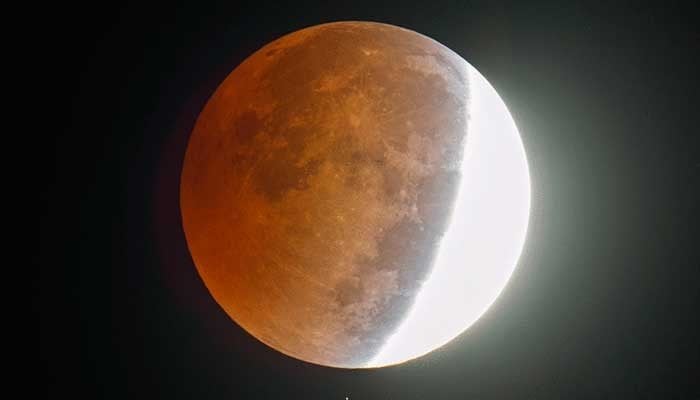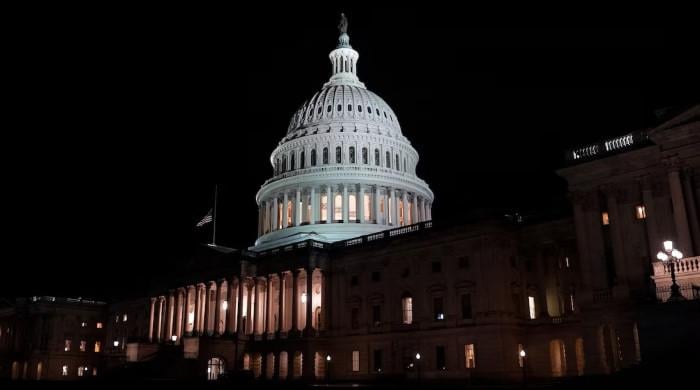Lunar eclipse in Pakistan: Can it affect your health?
While South Asians have believed in several myths related to lunar eclipses, science is yet to prove them
November 30, 2020

The fourth and last lunar eclipse of 2020 occurred today on Monday, November 30. Like previous eclipses, this will also be a penumbral lunar eclipse, meaning that the Earth would come between the Sun and the moon during the event.
Lunar eclipse in Pakistan
According to the Institute of Space and Planetary Astrophysics (ISPA), University of Karachi, the eclipse took place at 12:32 pm according to Pakistan Standard Time. It will reach its peak at 2:42 pm, while the shadow of the eclipse will be removed from the moon at 4:53 pm. The total duration of the eclipse will last 4 hours and 21 minutes.
Popular myths related to lunar eclipses
According to a report by Times of India, many people across the globe believe that lunar eclipses have certain effects on their health. Science, however, is yet to support these widespread claims.
Here are four traditional beliefs associated with lunar eclipses which are especially popular in South Asia.
Effect on food
Even though science is yet to prove a connection between lunar eclipses and its effects on food, according to traditional beliefs, the moon emits strong ultraviolet rays during the process which could likely make precooked food unsafe to eat. Some people also believe that they should avoid drinking water during the process.
Pregnant women should rest during the eclipse
Since hundreds of years, women in South Asia have believed that pregnant women should not engage in any activities during an eclipse as it could cause deformities to the unborn child. According to the article, people think that radiations emitting from the moon during an eclipse can be harmful to pregnant women. They should also avoid eating certain kinds of food during the eclipse. Scientifically, however, there is no proof that eclipses could affect pregnant women in any way. However, resting well and consuming a good diet should be a daily routine for those expecting a child.
Effect on eyes
There is also a widespread belief that rays emitting from the moon during a lunar eclipse could be harmful to a person's eyes, therefore, one should not watch the process with naked eyes. According to scientists, while watching a solar eclipse without certified filter glasses can be incredibly damaging to your eyes, it is completely safe to look at the moon during an eclipse because it does not glow with its own light.
Lunar eclipse and insomnia
According to a popular myth, a lunar eclipse can affect a person's sleep cycle. Unlike other lunar-eclipse related myths that have been debunked by science, a study published by PubMed.gov shows that lunar eclipses indeed influence human sleep and trigger sleep deprivation. Nonetheless, more research is needed in the area.











